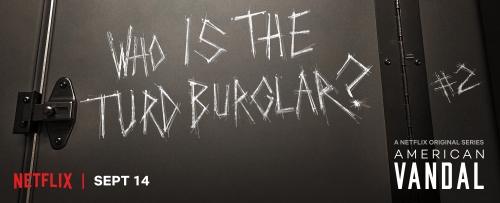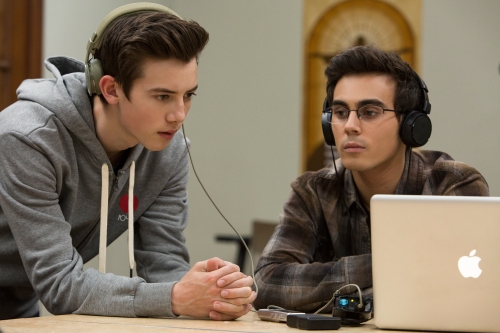
Skam has always been made in service to its audience.
In the beginning, this was an abstract statement: Skam existed as a way of fulfilling the public service mission of NRK, specifically aimed at younger viewers. It was a fictionalized glimpse of what it was like to live as a Norwegian teenager circa 2015, grounded in realism and focused on reaching teens on the platforms where they spend their time while also interrogating—but not demonizing—how those platforms are shaping their experiences.
But once the show began airing, its audience left the realm of abstraction. They became real viewers, drawn to Skam for any number of reasons: whether it was the commitment to realism, the ability to relate to the characters, investment in relationships, or obsession with the transmedia release schedule that keeps you constantly on edge waiting for the next piece of the story, Skam became a hit, first in Norway and then in countries around the world thanks to the work of fan translators and the wonders of streaming video and Google Drive. Suddenly, a show designed as a service to Norwegian teenagers generally defined became a service to an expanding global audience, a diverse and complex fanbase with expectations distinct from the public service mandate at the core of the project.
In this transition, “service” starts to shift in meaning. There is “public service,” where the show began, but there is also “fan service,” as well as the need to “serve” the story being told, and the characters brought to life over the course of the series. Suddenly, as Skam entered what was announced as its final season, it was being made in service of all of these ideas, forced to balance competing—or at the very least overlapping—goals in the process.
I’ve written a lot about Skam’s fourth season: I predicted some of the challenges facing the show’s attempt to find resolution, I broke down how the season struggled with plot but succeeded with character, and I spent the past week reviewing the shifting POV structure as the final clips were released. But although I offered some thoughts on “Dear Sana,” the finale clip released yesterday, its final moments represent something more than just a connective thread to the clips that came in the final week, or even the final season. It was an effort to clearly state the central themes of Skam, which have been consistent from the beginning of the series but manifest here with a new twist: this time, they aren’t just an abstract idea deployed to serve a mandate, but rather an explicit idea that the finale deploys not just as a tribute to the story and its characters, but as a targeted message to its fanbase—and not necessarily just the love letter you might expect.
Continue reading →













